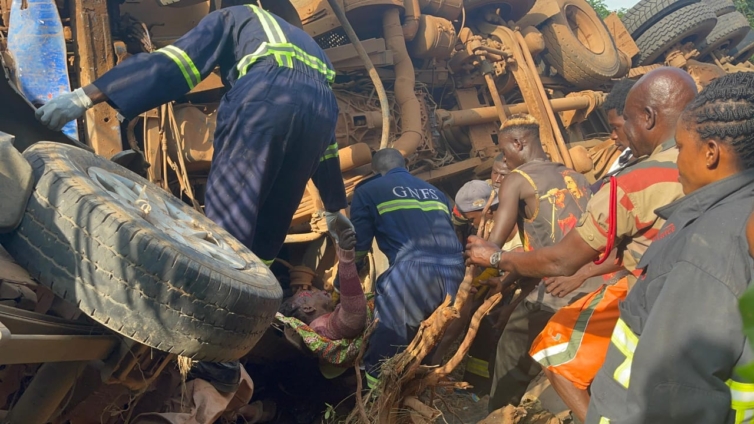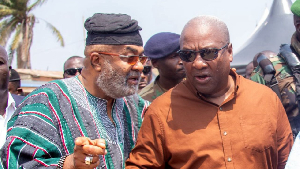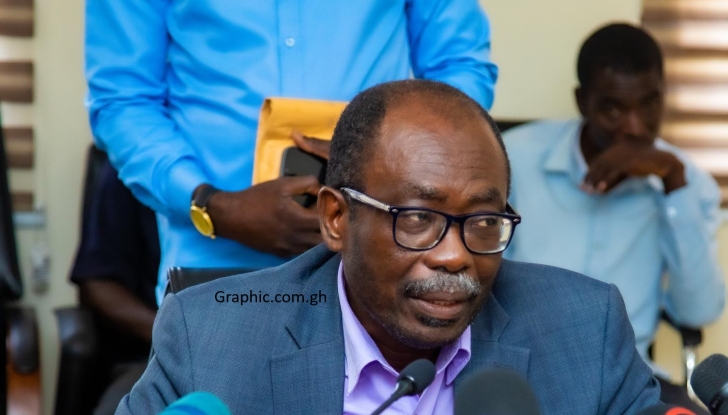Ghana Endorses Mission 300 to End Energy Poverty
Ghana has pledged support for Mission 300 to end energy poverty, joining 16 other African nations in endorsing a National Energy Compact. Moreover, the initiative is being led by the World Bank and was announced at the Bloomberg Philanthropies Global Forum. As a result, Ghana has renewed its commitment to achieving universal energy access by 2030.
President Mahama’s Commitment
President John Mahama explained that Ghana sees Mission 300 to end energy poverty as a powerful tool to reduce inequality. Furthermore, he stressed that businesses will thrive when affordable energy is available, and households will benefit from equal opportunities. However, he noted that progress will only be possible through strong partnerships between government and the private sector.
World Bank’s Perspective
According to World Bank Group President Ajay Banga, Mission 300 has already provided electricity to 30 million people. In addition, more than 100 million connections are planned for the near future. He argued that electricity is not just a service; rather, it is the backbone of jobs, prosperity, and economic development. Therefore, Mission 300 is focused on reforming utilities, lowering costs, and attracting private investment.
African Leaders Voice Support
Across Africa, leaders are aligning with this mission. For example, Kenya’s President William Ruto confirmed that his country aims to achieve universal access and clean cooking by 2030. Meanwhile, Ethiopia’s President Taye Atske Selassie highlighted efforts to expand renewable energy and regional interconnectivity. Similarly, Mozambique’s President Daniel Chapo promised to turn his country into a clean energy exporter. In addition, Sierra Leone’s President Julius Maada Bio launched one of Africa’s most ambitious energy infrastructure programs. Cameroon’s President Paul Biya, on the other hand, stressed the importance of renewable energy, while Congo pointed to its vast hydro potential as a game changer.
African Development Bank’s View
African Development Bank President Sidi Ould Tah also described Mission 300 as transformative. In his words, reliable and affordable electricity is the fastest multiplier of small business growth, agro-processing, and digitisation. Moreover, it drives industrialisation and boosts value addition. He concluded by stating, “Give entrepreneurs power, and you give them income.”
The Road Ahead for Mission 300
National Energy Compacts are at the heart of this initiative because they integrate reforms in infrastructure, finance, and policy. Earlier this year, for instance, 12 other African countries—including Nigeria, Senegal, and Côte d’Ivoire—committed to over 400 policy measures. These measures are designed to strengthen utilities, reduce investor risk, and overcome energy bottlenecks.
Therefore, with Ghana’s pledge now secured, the challenge is clear. Political commitments must be transformed into practical investments, long-term reforms, and universal electricity access for all.









